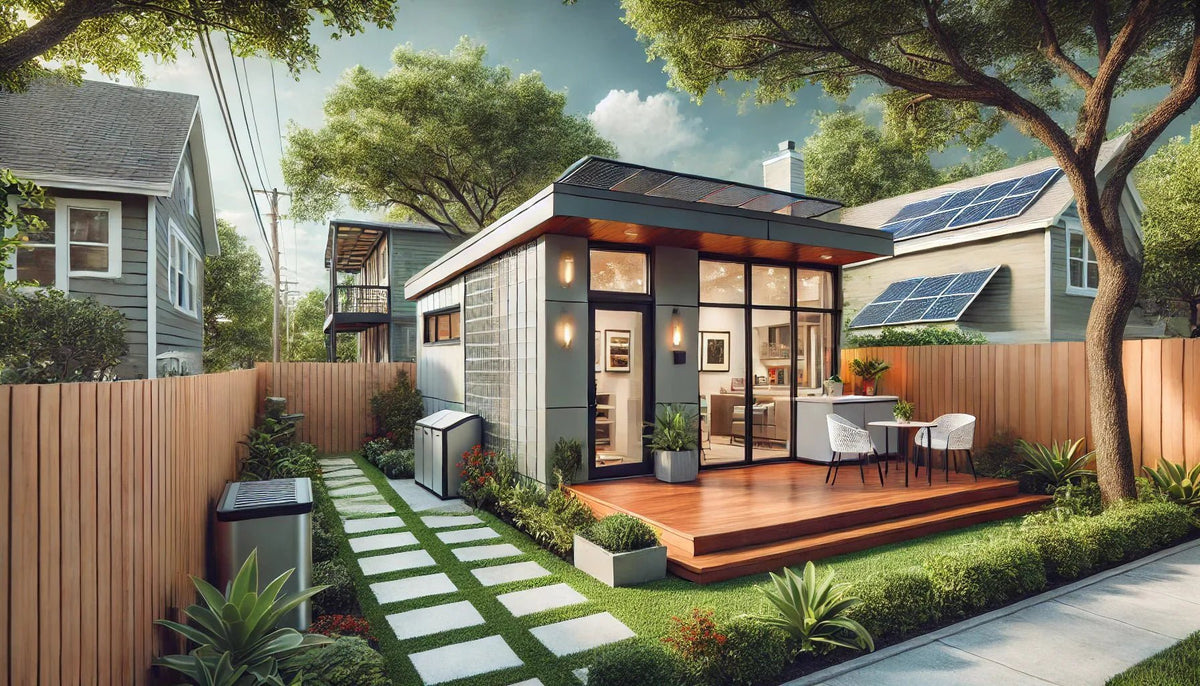
ADUs in Tampa, FL: Adding Value and Flexibility to Your Property
|
Tiempo de lectura 2 min
|
Tiempo de lectura 2 min
Accessory Dwelling Units (ADUs) are becoming increasingly popular in Tampa, FL, as homeowners look for ways to add value, flexibility, and additional living space to their properties. ADUs offer a range of benefits, from providing housing for family members to generating rental income. This article explores the benefits of ADUs and provides an overview of Tampa’s regulations and permitting requirements.
ADUs provide extra living space that can be used for various purposes, such as housing family members, guests, or caregivers. This flexibility makes them an attractive option for multi-generational living.
One of the primary benefits of ADUs is the potential to generate rental income. Homeowners can rent out the ADU to tenants, providing a steady stream of income that can help offset mortgage payments and property taxes.
Adding an ADU can significantly increase the value of a property. Prospective buyers may see the additional unit as a valuable asset, making the property more attractive in the real estate market.
ADUs promote sustainable living by utilizing existing infrastructure and reducing the need for new land development. They can also be designed with eco-friendly features, such as solar panels and energy-efficient appliances.
Understanding Tampa’s regulations and permitting requirements for ADUs is essential for a successful project.
Tampa has specific zoning and building codes for ADUs, which vary depending on the location and type of unit. Key considerations include:
The permitting process for ADUs in Tampa involves several steps:
ADUs must be connected to local utilities, including water, sewer, and electricity. The cost and complexity of these connections can vary, so it’s important to plan accordingly. Some ADUs may share utilities with the main dwelling, while others may require separate connections.
ADUs offer a range of benefits, from providing additional living space and generating rental income to increasing property value and promoting sustainable living. Understanding Tampa’s regulations and permitting requirements is crucial for a successful ADU project. My Tiny Home Hub’s expandable container homes can be customized to meet these requirements, providing a seamless and flexible solution for homeowners in Tampa.
Benefits include additional living space, rental income, increased property value, and sustainable living. |
ADUs are typically limited to a percentage of the main dwelling's size or a maximum of 800 square feet. |
The process includes application submission, plan review, multiple inspections, and final approval. |
ADUs must be connected to local utilities, and the cost and complexity can vary depending on the setup. |
Yes, additional parking spaces may be required to accommodate the ADU. |
Yes, adding an ADU can significantly increase the value of a property. |